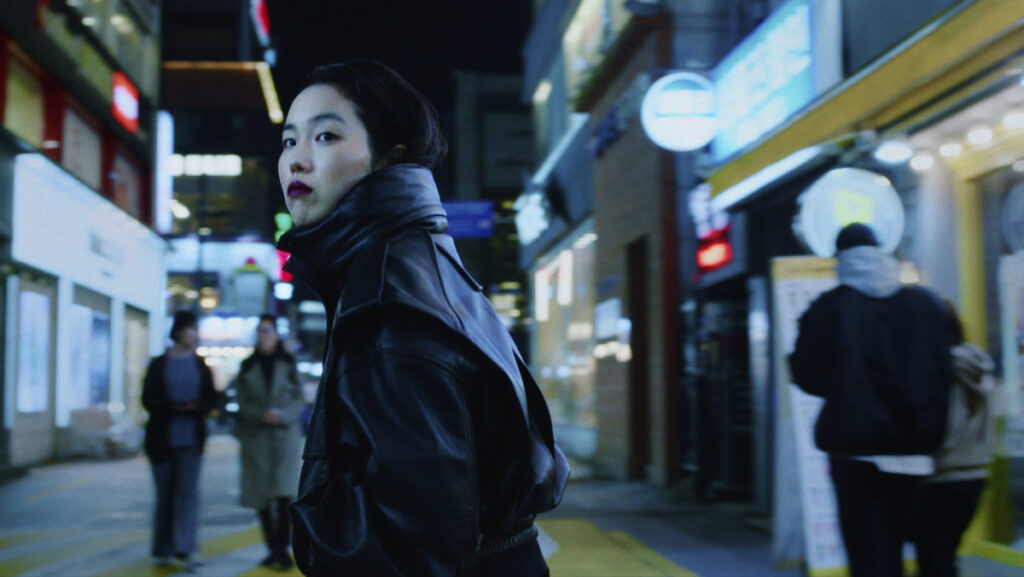Identity is a tricky thing. Davy Chou’s “Return to Seoul” is a similarly tricky look into national identity, ties to one’s past and sitting in the unfinished business found in everyone’s life.
Nominated for the “Un Certain Regard” award at the 2022 Cannes Film Festival, “Return to Seoul” is a tri-lingual portrait of the unique existence that the protagonist Freddie, played by Ji-min Park, lives in. The film, featuring dialogue spoken in French, Korean, and English, establishes a complex cast of characters exploring the spider web of heritage, identity, and nationality. At the center of the web, audiences will find Freddie is by far one of the most intriguing and exciting fictional characters of recent years, and in no small part by writer/director Davy Chou and first-time actress Ji-min Park.
Born to Korean parents but soon abandoned to the national adoption agency, Freddie was adopted and raised by a French couple living outside Paris. For her 25th birthday, she takes two weeks off of work, originally intending to visit Japan — a long time dream of hers. After a mixup in scheduling, she ends up in South Korea. When Freddie connects with the French-speaking receptionist (Guka Han) at the guest house she chooses to stay at, she decides to try and find her birth parents.
The plot is fragmented between multiple pieces of Freddie’s life. The first half of the film is spent on Freddie’s first visit to Seoul, with the second half showing shorter and shorter segments of Freddie’s interactions with her parents and birth country. This hourglass effect that Chou uses has some positives and some negatives. The first half paints a beautiful image of Freddie’s perspective as she explores the culture she’s told she should know already. But because the structure of the film spends so much time on such a short trip, the time between the major emotional beats of the plot drags, whereas the subsequent segments focus so specifically on the narrative purpose of each scene. And while scenes that do not push the plot forward are no cinematic sin, when the two halves are compared, they have very different focuses: the first on the feeling of Freddie as she travels in Seoul and the second on Freddie trying to reconnect with her parents. This choice by Chou is a clear one, but its effect creates less of a kaleidoscope of the protagonist’s life, instead inviting both the audience and the world the film inhabits to count down the scenes until the end.
The somber tone of the film was also very well–balanced by Chou. The sleek but efficient direction is able to maintain the heft of the topic while also including plenty of moments audiences will be able to chuckle at. The cast is similarly impressive at this, with the supporting cast proving very capable of lifting up the first-time performer leading the film. Which leaves Park, who is an absolute powerhouse in this role. Because of the story’s focus on Freddie specifically, the audience spends most of the runtime with visual artist-turned-actor Park, who is impressively able to command the screen despite no previous acting work.
Audiences will long remember the questions Freddie faces throughout the film. Questions of her own identity, whether or not she should assimilate to this culture she was separated from her whole life — or if she even wants to. Chou’s exploration of these ideas has the power to worm its way into one’s thoughts and stay with them for a long, long time.




















